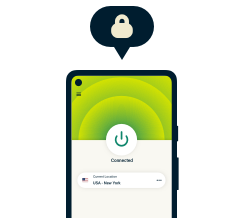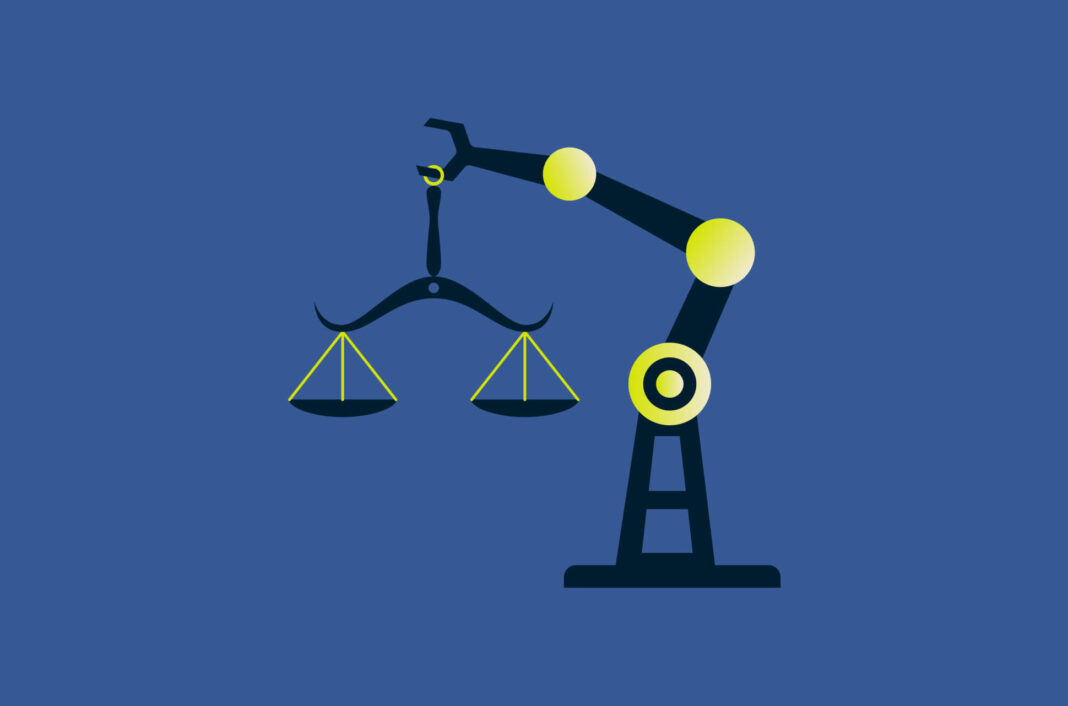Imagine being able to hire an AI-powered attorney to help you fight a parking ticket or sue someone who has wronged you, without having to pay hefty legal fees. It may seem like a scene from a sci-fi movie, but that’s exactly what the world’s first robot lawyer, DoNotPay, aimed to do.
Using OpenAI’s GPT-3 API technology, DoNotPay promised to revolutionize the legal industry by providing accessible and affordable legal assistance to everyone who uses the app. That was before its creator and founder were sued for practicing law without a license.
While the idea of an AI lawyer is being hailed as a breakthrough for access to justice, the string of legal challenges mounting against DoNotPay could signal a warning for other developers and businesses looking to disrupt the law industry.
However, if AI creators can somehow find a way to overcome licensing hurdles, it raises the question: Will machines one day take over the work of human attorneys?
The rise of AI in the legal industry
The legal profession is steeped in tradition and relies heavily on the human experience. Despite this, advances in AI technology have already begun to transform the industry, and fundamentally change the way legal services are provided.
From document review to research and even contract drafting, AI-powered tools are making legal work faster, more accurate, and more accessible than ever before. They can also help to level the playing field in the legal industry.
Similar to what DoNotPay was trying to offer, AI-powered tools can ultimately provide greater access to justice for individuals and businesses that may not be able to afford traditional legal services.
5 benefits of AI-powered legal tools
1. Contract review and analysis in less time
Attorneys are already using AI document review tools to analyze large volumes of legal documents, such as contracts and agreements. This is because machine learning can help spot issues and errors that may have been missed in a fraction of the time it would take a human lawyer to do the same work.
2. Ease of legal research
AI is also being used to assist with legal research and analysis. AI-powered legal research tools like Westlaw Edge are able to sift through vast amounts of legal data to identify relevant case law and legal precedents in a matter of minutes. This is a significant improvement over the traditional methods of legal research, which are laborious, time-consuming, and often require the expertise of a human lawyer.
3. Automation of lower-level tasks
AI automation of lower-level tasks benefits the legal industry by freeing up lawyers’ time for more complex tasks like client interaction and case analysis. AI-powered chatbots can provide preliminary legal advice, help bring in new clients, and refer them to lawyers if necessary. This improves law firm efficiency, reduces costs, and enhances client satisfaction, ultimately improving the quality of legal services provided.
4. Accurate case outcome prediction
Another area where AI is making a significant impact is in the field of predictive analytics with the use of “judge-bots.” AI-powered predictive analytics tools such as Lex Machina are being used to analyze legal data and accurately predict the outcome of legal cases. Companies like Toronto-based Blue J Legal have even developed a tax-law-focused, AI-based legal prediction engine that, they claim, can accurately forecast the outcomes of ongoing cases with a 90% accuracy rate.
The insights gained from AI predictions can help lawyers make informed decisions such as taking a case on a contingency basis, determining the amount to invest in experts, or advising their clients to settle.
5. Efficient and accurate background checking
AI also offers the benefit of efficient and accurate background checking in the legal industry. Lawyers often perform exhaustive and extensive background checks for their clients or about them, which are crucial for better decision-making and supporting their cases. With AI, this somewhat tedious task can be replaced to a large extent, as it can perform due diligence more efficiently and accurately than humans can. This helps law firms to save time and resources while ensuring that their clients receive accurate and reliable information.
Is AI ready to practice law?
Despite the benefits that AI can bring to the legal industry, there are growing concerns about its impact on human jobs if it reduces the number of roles available for lawyers and other legal professionals. There are also concerns about whether AI is advanced enough to successfully practice law.
While it has the makings of an advocate on paper, AI can’t replace the human judgment and creativity required for tasks such as negotiation or advocacy. Additionally, AI may struggle with more nuanced legal concepts or cases that require a deep understanding of legal precedent.
On top of that, the use of AI in law also raises several questions about the consequences of AI attorney malpractice, whether criminal defendants should have the right to access AI tools, and whether lawyers need to disclose their use of AI in a case.
Concerningly, trusting too much in AI recommendations may also lead to automation bias, which is the tendency to rely too much on automated decision-making systems while overlooking important information or human judgment.
Additionally, misplaced trust in AI recommendations may create a false sense of security, where individuals believe that the automated output is always correct, failing to exercise their own critical thinking skills. Ultimately, both these factors could be detrimental to plaintiffs and defendants.
5 challenges AI poses for lawyers
1. AI will replace professionals doing manual work at law firms
As with other sectors, because AI technology is automating routine tasks in the legal industry, it may lead to a reduction in the need for manual work done by lower-level lawyers and paralegals. In fact, a recent study by Deloitte predicts that 100,000 legal-related jobs will be automated by 2036.
While paralegal-type jobs are most likely to decrease, some experts think the adoption of AI will result in more legal jobs overall. One reason for this increase is if costs go down, more people and companies might seek out legal help. And human lawyers will be needed to give advice and exercise judgment for this new stream of cases.
2. AI is prone to making factual errors
Despite the benefits of AI in the legal industry, these technologies aren’t infallible. AI is only as good as the data it’s trained on and the algorithms that are used to analyze that data. A human might be able to avoid an error simply because it doesn’t make sense, whereas an AI might blindly follow an algorithm producing inaccurate results. This could create significant problems for law firms, as errors in legal documents or research could have serious consequences for clients.
Moreover, there are currently no standardized rules or regulations to monitor the use of AI tools in the legal industry. This lack of oversight could lead to the misuse of these technologies or the deployment of AI systems that are not fit for purpose.
Read more: 8 times machine learning got it wrong
3. AI is incapable of introspection and complex reasoning
Another limitation of AI is that it lacks the human qualities required in the legal profession. AI can’t listen, empathize, advocate, or understand the emotions and politics involved in legal matters. Therefore, while AI can assist in automating routine tasks and making legal research more efficient, it can’t replace the critical thinking and problem-solving skills of human lawyers.
4. Only big law firms can afford AI
The cost of AI technology can be a significant barrier to entry for small and medium-sized law firms. While AI can provide significant benefits, such as increased efficiency and improved accuracy, the cost of implementation can be prohibitive for some. Because of this, there’s a risk that only larger, more financially secure firms will be able to adopt AI, creating a divide in the industry.
5. Potential for bias in AI
AI technology can perpetuate bias in the legal industry if the data it’s provided is biased, or if the system’s methods of analyzing data are flawed. For example, some algorithms used by judges for sentencing have shown discrimination against certain ethnic groups. This is why it’s crucial to have humans conduct reviews to ensure algorithmic accountability and advocate for changes in laws to protect clients from the potential consequences of AI reliance.
Read more: What you should know about the AI Bill of Rights
Opportunity or threat? The future of AI in the legal industry
Despite its limitations, there’s no denying that AI is poised to play an increasingly important role in the legal industry in the years to come. But will AI ever replace human lawyers altogether?
In short, no.
While some experts predict that AI-powered tools may eventually be able to handle more complex legal tasks such as drafting contracts or even representing clients in court, it’s unlikely that AI will ever be able to replace the human touch that only a real-life lawyer can provide.
Instead, you can expect AI to work alongside human lawyers—serving as a trusty sidekick that enhances their abilities, making legal services more efficient, accessible, and affordable for everyone. Now, that’s a movie we’d like to watch!

Privacy should be a choice. Choose ExpressVPN.
30-day money-back guarantee

























